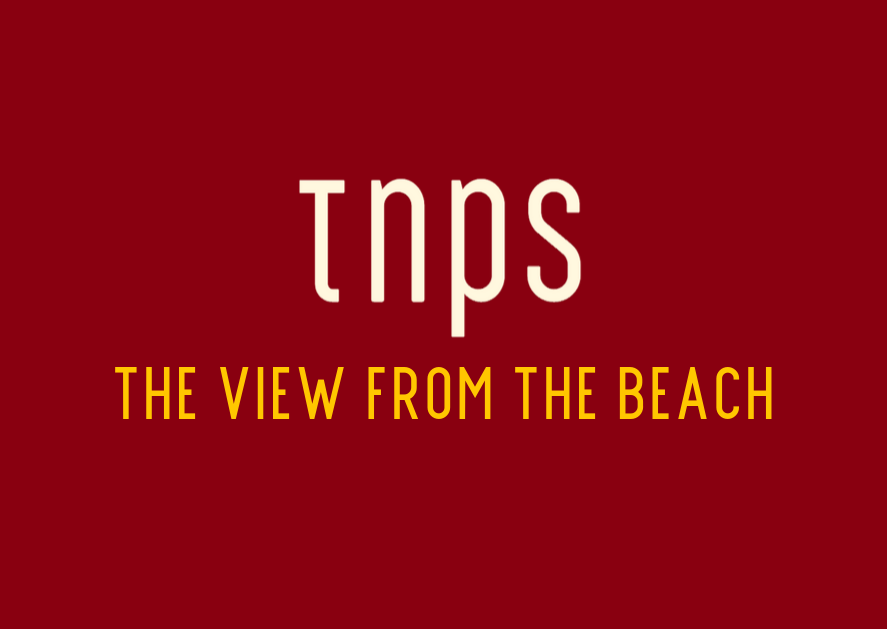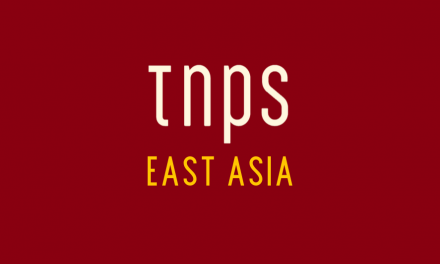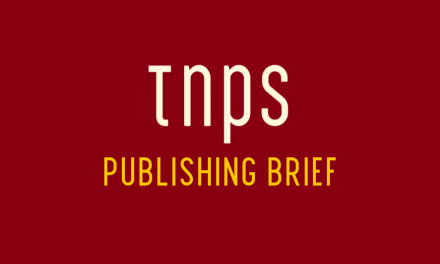The opponents of AI are missing opportunities to do deals that will favour creatives, for the sake of a sound-tough soundbite.
The Writers Union of Canada is among the latest to, rightly, calls for legislation to regulate the excesses of AI companies as this sector evolves.
But as with so many of these calls for legislation, we need to be clear whether these are reasoned arguments looking to harness AI’s potential to benefit the long-term interests of the publishing industry, or knee-jerk reactions pandering to member’s short-term interests with meaningless soundbites.
In the US we’ve seen the Writers Guild embrace AI as a force for good, fully accepting the AI genie will never go back in the bottle, and so looking for the best ways to work with AI companies to benefit Writers Guild members.
“We have to be proactive because generative AI is here to stay,” said Mary Rasenberger, Authors Guild CEO, explaining, “They need high-quality books. Our position is that there’s nothing wrong with the tech, but it has to be legal and licensed.“
SAG-AFTRA, the US actors union, has taken the same approach.
Proactive rather than endlessly reactive.
While at the other end of the spectrum the outgoing head of the UK’s Society of Authors, Nicola Solomon, is peddling nonsense about how 43% of writers jobs will be devoured by the AI bogeyman.
The Writers Union of Canada has tried to find a mid-way path, and acknowledges AI can bring benefits to writers, but cannot help but seize on statement by OpenAI’s CEO Sam Altman saying that AI needs to use copyrighted material as some kind of admission the company is stealing writers’ IPs.
Given the current legal interpretation of what constitutes fair use, that assertion may or may not have legs, but for the AI opponents such details are neither here nor there. As and when the law on fair use is clarified one way or the other, then we can fling mud.
Similarly, demanding creators be paid for their efforts is right, but suggesting this is not happening is wrong.
The fact that Altman and his company have, since at least May 1923 at the White House AI summit, been talking about ways to pay for the use of copyrighted material, and since mid-summer have been signing deals with content-producers to do just that (American Journalism Project, Associated Press in July 2024, Axel-Springer in December), is being conveniently ignored.
Bloomberg last week reported that Thomson Reuters is looking to sign a deal with AI companies.
Tom Rubin, OpenAI’s chief of intellectual property and content, told Bloomberg News: “We are in the middle of many negotiations and discussions with many publishers. They are active. They are very positive. They’re progressing well. You’ve seen deals announced, and there will be more in the future.”
So these opponents of AI are missing opportunities to do deals that will favour creatives, for the sake of a sound-tough soundbite.
And in this context, we should be clear that the New York Times law suit against OpenAI is happening because negotiations with OpenAI failed, not because OpenAI was unwilling to pay.
In any case, Altman has made clear OpenAI can manage just fine without NYT data if necessary.
“We are open to training [AI] on The New York Times, but it’s not our priority. We actually don’t need to train on their data. “I think this is something that people don’t understand. Any one particular training source, it doesn’t move the needle for us that much.”
But this is not the only flaw in the Canada Writers Union case. The CWU has also gone down the “humans-only” road with its interpretation of copyright law.
“Copyright is an exclusive right of human creators. Existing copyright legislation protects human creativity and originality, by virtue of requiring the exercise of skill and judgment to obtain copyright in a work. This should not be changed to grant copyright protection to AI generated products or to allow copyrighted works to train models without permission.“
And again we have the juggling act with different issues mixed into a pot and violently stirred for the sake of a sound-tough soundbite.
No-one is asking for copyright law “be changed to allow copyrighted works to train models without permission.“
And the other part of the soundbite – The law “should not be changed to grant copyright protection to AI generated products” – falls into the other classic Luddite’s Weekly trap.
On the one hand they are claiming, and Altman himself agrees, that AI cannot do its work without copyrighted material, which as of now is defined as human-produced. And at the same time they are claiming copyright “is an exclusive right of human creators.”
Which leaves us with two scenarios. Either all AI-created work originated from humans, as obviously it does, or we have to rule out copyright for every single use, however tiny, of AI in producing a work to be copyrighted.
Which rather f***s up the copyright on this post, because AI has been reminding me of my typos and grammar balls-ups with irritating regularity as I push through the draft.
And where does it leave the Japanese laureate who won the country’s most prestigious literary prize with the help of AI?
I’d be interested to know how many Canada Writers Union members can put their hands on their heart and solemnly swear they have never used software that had some form of AI involved (MS Word, smartphone texting, smartphone photos… It’s almost impossible, short of writing with a pencil and paper or painting with a brush and easel, or a daguerreotype, not to have AI lend a helping hand.
While it’s true that last year a US judge foolishly asserted only humans can own copyright (as the Beadle said, the law is an ass!), elsewhere in the world things are moving faster.
In China, the dam has been broken. A court assigned copyright to an AI-creation, stating, “the artificial intelligence-generated image involved in the case met the requirements of “originality” and reflected a human’s original intellectual investment and should be recognised as works and protected by copyright law.”
In December, South Korea announced there would be no copyright attributed to AI works.
But laws are not set in stone, and rather must move with the times, as South Korea’s just has.
This month(January 2024), an AI-produced film received full copyright protection in South Korea.
While western publishing and other media cling to last-century notions of what copyright is, the rest of the world is soaring ahead.
Everyone in the publishing industry ultimately loses, because the one thing AI is not going to do is go away.
Regulation is essential. But it needs to come on the back of rational assessments of impact, not sound-tough soundbites from those with a vested interest in the status quo.
OpenAI’s admission it needs copyrighted material is a gift to the publishing industry.
Creatives of all types deserve better than to have their representatives look a gift horse in the mouth.





